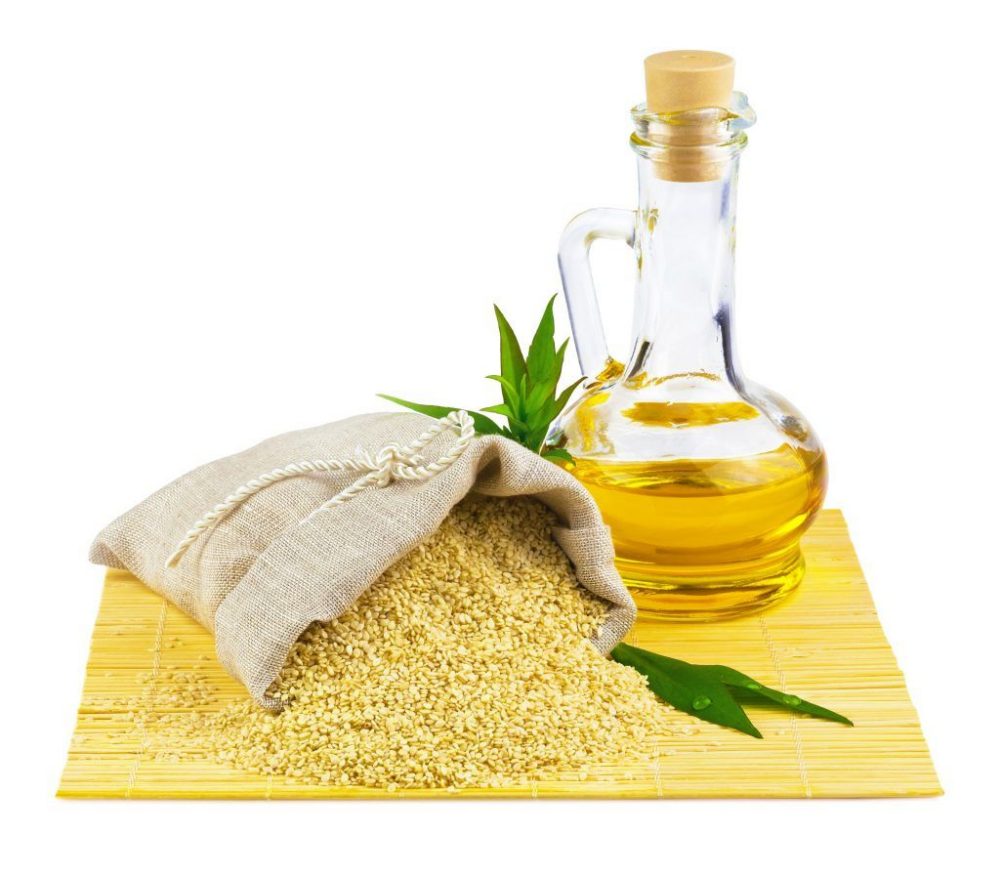

One element of a daily healthcare routine, oil pulling is gaining recognition as a valuable practice in the West. Originating in Ayurvedic medicine, this simple, quick, morning ritual has many alleged health benefits. Although the scientific evidence endorsing oil pulling is sparse, there is enough historical and empirical substantiation to consider this ritual for supporting dental, oral and systemic well-being.
About Oil Pulling
Steadily gaining popularity as the most recent wellness trend in America, oil pulling is a practice with roots in Ayurveda – a holistic medical system from India originating 3,000 to 5,000 years ago. Technically referred to as Nithya Thaila Kriya, oil pulling is one part of a daily morning routine where oil is put into the mouth, swished around with the tongue and pulled through the teeth for up to 20 minutes before being spat out.
There is more than just one way to pull oil. Described below is an amalgamation of the most frequently recommended steps for oil pulling:
- Choose your oil. Sesame is traditionally used for its therapeutic properties, but sunflower, ghee, olive and coconut oil are alternatives. Many find coconut oil more palatable than the other oils.
- Put one teaspoon to two tablespoons of oil in your mouth. Begin with a small amount, because the quantity will nearly double in size during pulling.
- For 3 to 20 minutes, swish the oil around. Focus swishing around the cheeks and upper palate and pull it through your teeth.
- Do not swish for longer than what is comfortable; oil that is swished for too long could accidentally be swallowed (the oil will contain toxins) or breathed into your lungs.
- Spit out the oil. If using coconut oil, make sure to spit it out in a trash can because it could clog plumbing.
- After spitting out the oil, rinse mouth thoroughly with warm water or salt water, and then brush your teeth.
Oil Pulling Benefits
Considered to have both oral and systemic health benefits, oil pulling has been advocated for about 30 different types of diseases. A few studies have found that oil pulling:
- Reduces levels of Streptococcus mutans, a strain of bacteria associated with cavities.
- Mechanically cleans the oral cavity via saponification and emulsification.
- Reduces plaque and gingivitis.
Although the clinical trials on oil pulling have primarily focused on oral health, this practice’s benefits seem to go far beyond a hygienic mouth. Besides having antimicrobial properties, oil attracts microbes and inflammatory toxins – pulling them out of the oral tissues.
Whether Ayurvedic or another discipline, holistic medical practitioners understand that the human body is one complex, interactive system. As such, there is an understood connection between oral health, digestive health, metabolic health and cardiovascular health. This is likely why the antimicrobial, anti-inflammatory characteristics of oil pulling render it beneficial for the following:
- Halitosis (bad breath)
- Bleeding gums
- Whitening of teeth
- Preventing gingivitis
- Improving skin
- Clearing sinuses
- Cracked lips
- Sore throat
- Headache and migraines
- Diabetes
- Improving heart health
- Asthma
Oil pulling must not be mistaken for a miracle cure for any ailment. Instead, it should be appreciated for its simplicity in reducing inflammation and toxicity as part of a comprehensive healthcare and hygiene routine.




